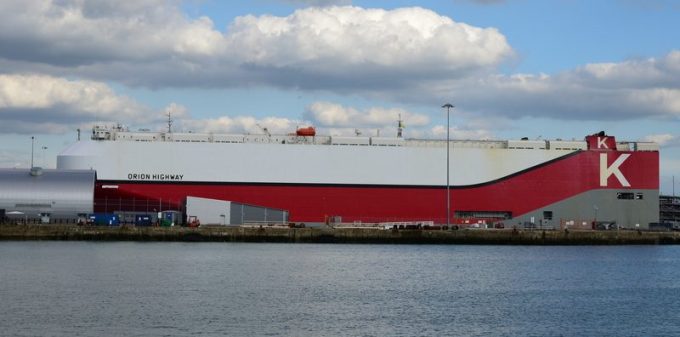US tariff plans could drive Europe into the arms of Chinese EV makers
Donald Trump’s tariff plan could spectacularly backfire, forcing Europe closer to China as it seeks ...

Europe’s environmental targets are to keep deepsea ro-ro rates out of China high in the near- to medium-term, despite penalties being imposed on the Asian giant for state subsidies.
Pointing to negative sentiment surrounding the car-carrier market in the summer, Andrea De ...

Comment on this article